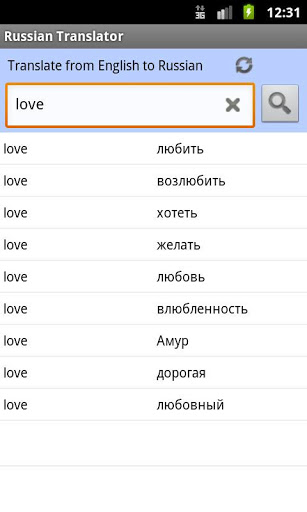

#Russian to english translator in utah trial
READ MORE: WNBA star Brittney Griner’s Russian trial considers medicinal use of cannabis Soldiers in the 300th MI are proficient in more than 50 foreign languages, serving as interpreters, translators and intelligence professionals in a dozen countries around the world each year.KHIMKI, Russia (AP) - American basketball star Brittney Griner testified Wednesday at her drug trial in Russia that a language interpreter translated only a fraction of what was said during her questioning and officials instructed her to sign documents without providing an explanation. “I’m proud to be a part of this great organization.” “The ability to contribute to our great state of Utah at a moment's notice by employing the language abilities the Guard cultivates in me is exactly why I joined the Utah National Guard” Kline said.

They were able to finish the urgent translation in under 24 hours. “This opportunity to combine my language ability and technological competency in order to clearly communicate critical information to Utah's non-English speaking population in times of crisis is one of the most meaningful aspects of serving as a linguist in the Utah Army National Guard.” “Part of the reason I joined the National Guard was being able to serve close to home,” Jensen said. From their respective homes, they divided up the documents and then performed a supervisory review of each other's work for accuracy. Joseph Kline, a Spanish Linguist with the 141st Military Intelligence Battalion, worked for 18-hours straight while in self-quarantine. Logan Jensen, a Spanish and Chinese Linguist with the 142nd Military Intelligence Battalion and 2nd Lt.

Initially, the Division of Emergency Management provided five documents, consisting of more than 4,100 words to be translated into Spanish in a short timeframe. “It’s been instrumental in supporting the state’s efforts to spread awareness in underrepresented communities about steps people can take to prevent the spread of coronavirus.” “It has been really helpful to have the support of the Guardsmen working on this project,” said Price. Kinyarwanda, Somali, and Swahili were the only languages not supported by Utah National Guard linguist teams at this time. The Utah Public Health Department requested 17 separate documents to be translated into 15 different languages, to include Spanish, Arabic, Nepali, Russian, Karen, French, Chinese, Vietnamese, Portuguese, Burmese, Farsi, and Korean. “Local health departments and health care providers requested assistance to reach these smaller communities.” “It is important for us to assist partner government agencies to increase information awareness across communities with high concentrations of non-English speakers,” said Kelsey Price, Director of Communications and Marketing, Department of Veterans and Military Affairs. These communities can pose communication challenges for government agencies trying to dispel false rumors and spread important health information. Utah’s diverse culture includes many communities with high concentrations of non-English speakers. They are committed to fighting the global pandemic by applying our language translation skills to help the non-English speaking communities.” “Our Soldiers join the military because they want to serve. Aaron Sutliff, Director of Excellence in Language Training Center, Command Language Program Manager, 300th Military Intelligence Brigade. “The 300th Military Intelligence Brigade has one of the largest concentrations of proficient linguists in the world,” said Maj. As Utah confronted the COVID-19 pandemic amid a succession of earthquakes, linguists in the Utah National Guard helped communicate clear and concise messages to everyone affected, in as many as 12 different languages.


 0 kommentar(er)
0 kommentar(er)
